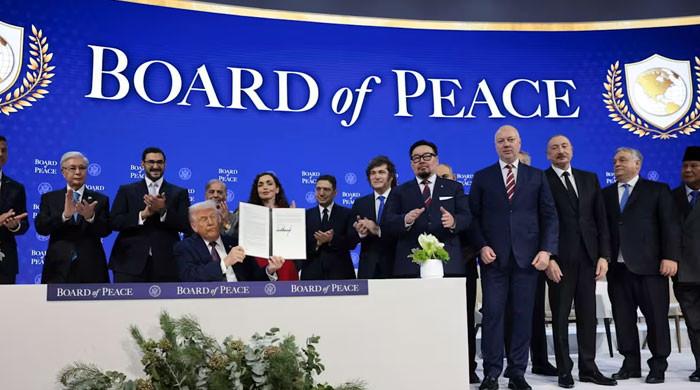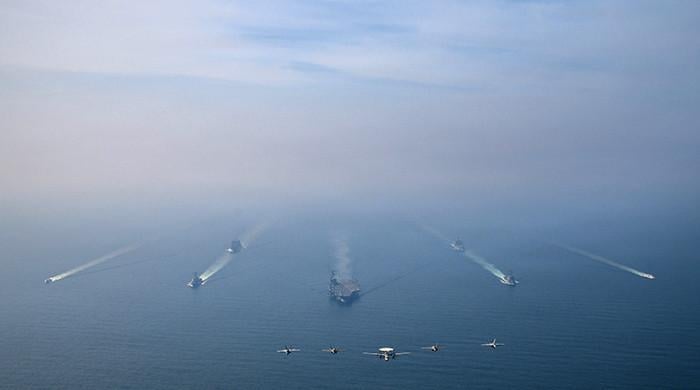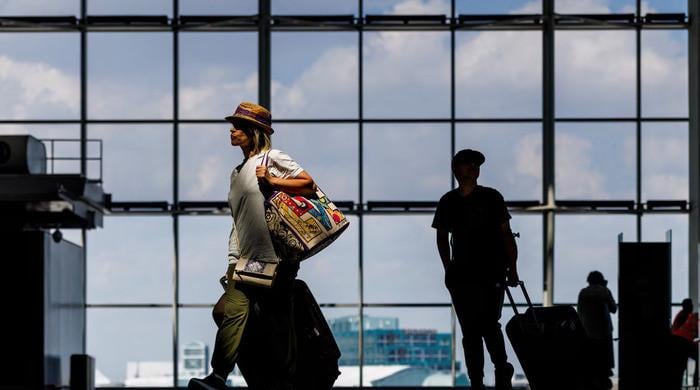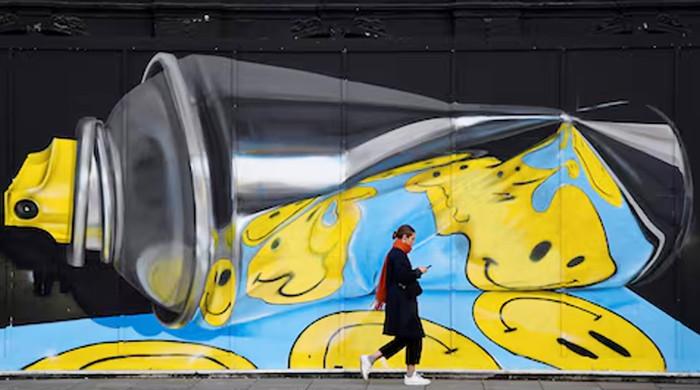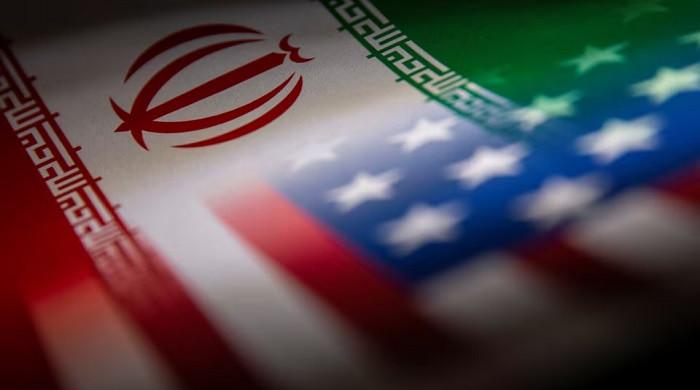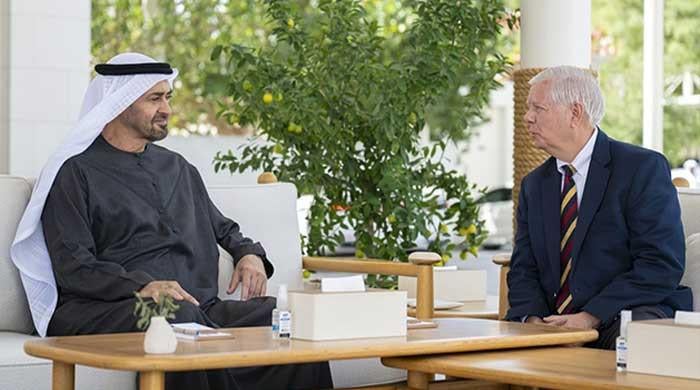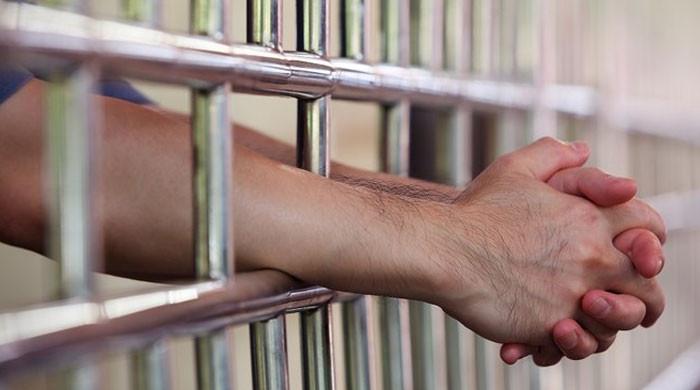India to restore limited internet in occupied Kashmir after five-month blackout
People will only be able to access only 301 government-approved websites
January 25, 2020
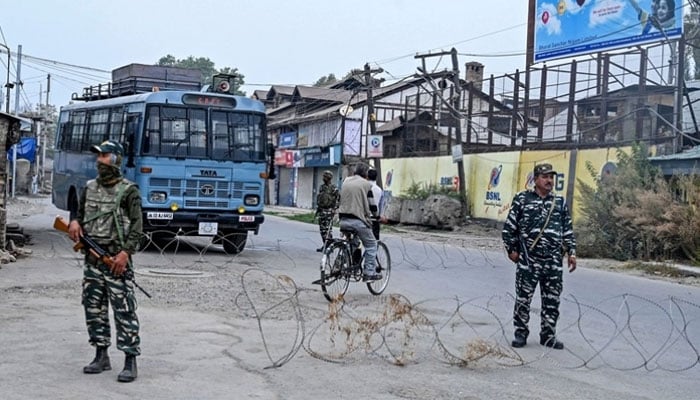
SRINAGAR: Internet services were being partly restored in Indian occupied Kashmir from today onwards (Saturday), marking an end to a five-and-a half-month blackout imposed by the Narendra Modi-led government in New Delhi, but social media will stay offline, local authorities said.
Indian Prime Minister Narendra Modi's government had imposed a communications blackout in early August after it stripped the occupied territory of its partial autonomy.
India also imposed a curfew, sent in tens of thousands of extra troops and detained dozens of Kashmiri political leaders and others, many of whom remain in detention, drawing criticism abroad.
Internet access will be restored but the people will only be able to access only 301 government-approved websites that include international news publications and platforms such as Netflix and Amazon.
"Access shall be limited only to the whitelisted sites and not to any social media applications," the Jammu and Kashmir home department said in a notification.
Mobile phone data access will also be restored, but limited to slower second-generation (2G) connections, the department added.
India is the world leader in cutting internet services, and access was also temporarily suspended in other parts of the country during recent protests against a new citizenship law.
Since August, freedom of movement in the heavily-militarised occupied territory has been gradually restored as has cellphone coverage, but apart from at a handful of locations, there has been no regular internet access.
This had made life even harder for the region's seven million besieged inhabitants and hit the local economy hard.
Modi's government said that the blackout was for security reasons, aimed at restricting the ability of militants to communicate.
The Indian Supreme Court, however, had criticised the government earlier this month for the move, calling it an "arbitrary exercise of power".
The court also stated that having access to the internet "is integral to an individual's right to freedom of speech and expression".




